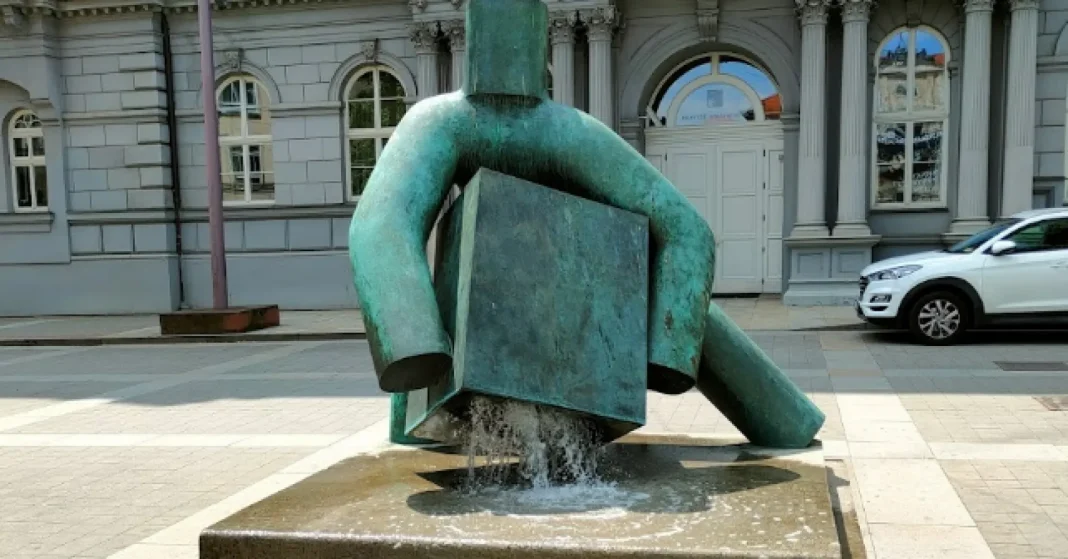A surprising legal case has captured national attention in Czechia as a student faces disciplinary action for wearing a T-shirt featuring a teacher’s photo. The case, escalating to the Supreme Administrative Court, raises questions about freedom of expression and respect within educational settings.
Case Background and Initial Reactions

The controversy began at a secondary school in Prague where a student wore a T-shirt displaying an image of one of his teachers. The intent behind the garment has been debated, with some viewing it as a joke while others see it as an act of disrespect. The school administration quickly deemed the action inappropriate, thus initiating disciplinary proceedings against the student.
The student’s family contested the school’s decision, arguing it infringed on their child’s freedom of expression. The case was initially reviewed by local educational authorities, who sided with the school. Dissatisfied, the family escalated the matter to the nation’s Supreme Administrative Court.
Legal Considerations and Freedom of Expression

The legal complexities of this case revolve around the balance between individual rights and maintaining order and respect within educational institutions. In navigating this sensitive issue, Czechia’s legal system must consider the scope of students’ rights to express themselves, whether verbally or through attire.
The defense emphasizes the need to protect personal expression as a fundamental right, cautioning against overly harsh penalties that could deter students from creatively engaging with their environment. On the other side, the prosecution argues that such expressions must not disrupt educational harmony or disrespect faculty members.
Public and Educational Community Response

Public reaction to the case has been mixed, with some individuals supporting the student’s right to express himself and others backing the school’s stance on maintaining respect. Debates have ignited on social media and in local communities, reflecting broader societal views on authority and youth expression.
Educators across Prague have also expressed varied opinions. While some educators assert that maintaining a certain degree of decorum is necessary, others worry that excessive discipline might stifle students’ willingness to explore and express their individualities.
Implications for Educational Policies

The outcome of this case could have significant repercussions for educational policies in Czechia, especially concerning student rights and disciplinary boundaries. A ruling in favor of the student might prompt schools to reevaluate their codes of conduct and disciplinary procedures.
If the court upholds the school’s actions, it may lead to stricter enforcement of existing policies. This could create a legal precedent that guides future cases involving student conduct and expression, potentially reshaping the educational landscape to balance freedoms with responsibilities.
The decision from the Supreme Administrative Court is eagerly awaited, as it will not only resolve this particular case but may also influence future cases involving students’ rights in educational settings.





